Welcome to Our Research Archive
Search and filter by content type, issue area, author, and keyword
- ✕ Clear Filter
- AI (1)
- Article (4)
- Articles (973)
- book (1)
- Climate (239)
- climate change (1)
- data dashboard (14)
- electricity (3)
- energy (243)
- Events (25)
- op-ed (2)
- Podcast (3)
- Post (2)
- Puerto Rico (1)
- Report (2)
- Reports (16)
- science (80)
- science funding (10)
- science trust (10)
- technology (537)
- testimony (1)
- Working paper (1)
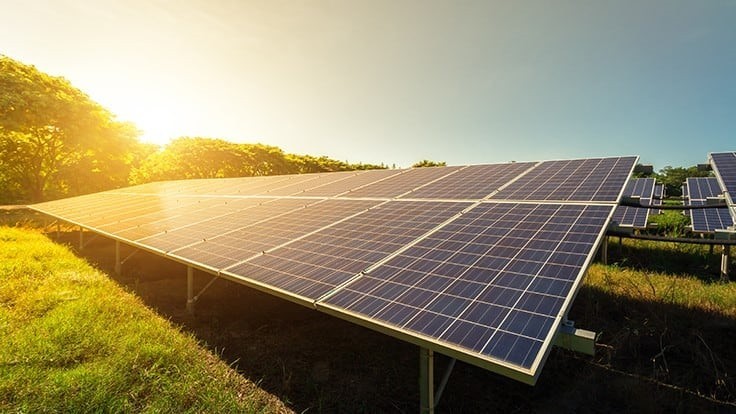
July 18, 2024
Regulation and Utility Performance
Last week’s outages in Houston due to Hurricane Beryl were agonizing and frustrating. The Category 1 hurricane made landfall on July 8 and maintained hurricane strength until it reached Houston, delivering 10-15 inches of rain in some areas and resulting in 2.7 million power outages in the region. Four days later, over one million customers were still without…

July 17, 2024
Sen. Whitehouse’s Attacks on Fossil Energy Producers Are Incoherent
It might seem difficult to take positions on a prominent issue diametrically opposed and equally preposterous. But Sen. Sheldon Whitehouse (D-RI), a man whose Pavlovian opposition to the U.S. fossil energy producers has led him into incoherence rare even by Beltway standards, has achieved just such a magical trick. Whitehouse, the chairman of the Senate…

July 17, 2024
Two Democrats, Two World Views on Tech, Trade, and Globalization
Recently, the contrasting perspectives of two very different Democratic leaders have come sharply into focus as they presented forthright accounts of their ideologies. On the one hand, Democratic Representative Suzan DelBene (D-WA) stoutly defended the benefits of US leadership in the global economy, including market-opening trade agreements and support for US technology companies. On the…
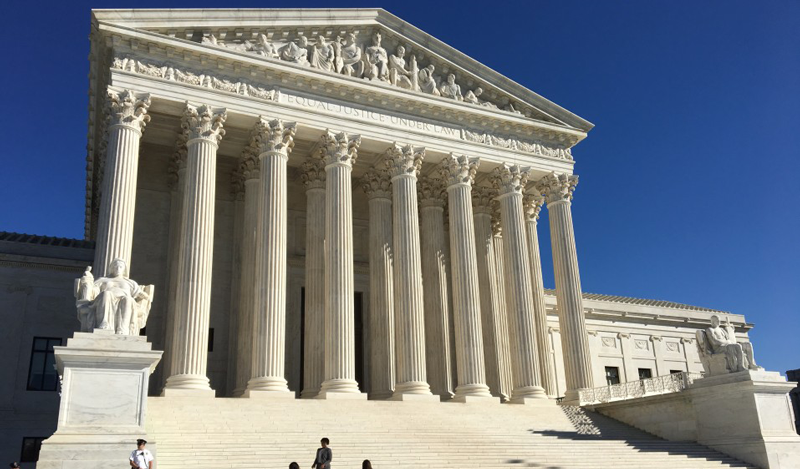
July 16, 2024
The Judiciary and Generative AI: Thoughtful Forward Momentum
How does an otherwise-ordinary insurance lawsuit involving the interpretation of “landscaping” turn into something large enough to garner news media attention? A federal appellate court judge penned a witty, well-reasoned concurrence that explains how generative artificial intelligence (Gen AI) might assist courts when a “plain-meaning battle” erupts. That’s what happened in late May when Judge Kevin C. Newsom of…
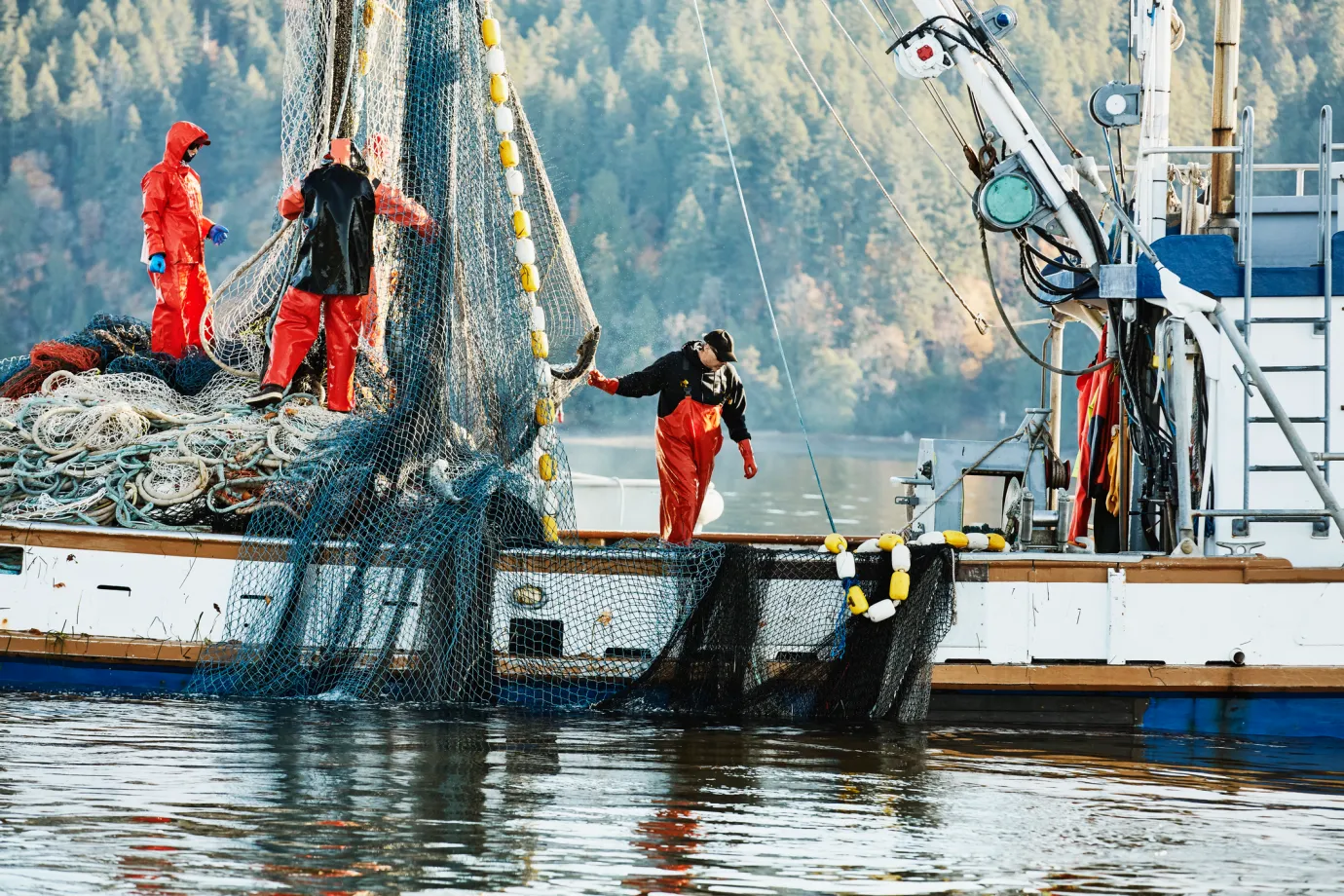
July 15, 2024
The Supreme Court Term in Review
“A film is born three times,” French filmmaker Robert Bresson once famously remarked. “First in the writing of the script, once again in the shooting, and finally in the editing.” So too is a law. First, it is written and passed by Congress. Then, it is implemented by administrative agencies. And finally, its legality is…
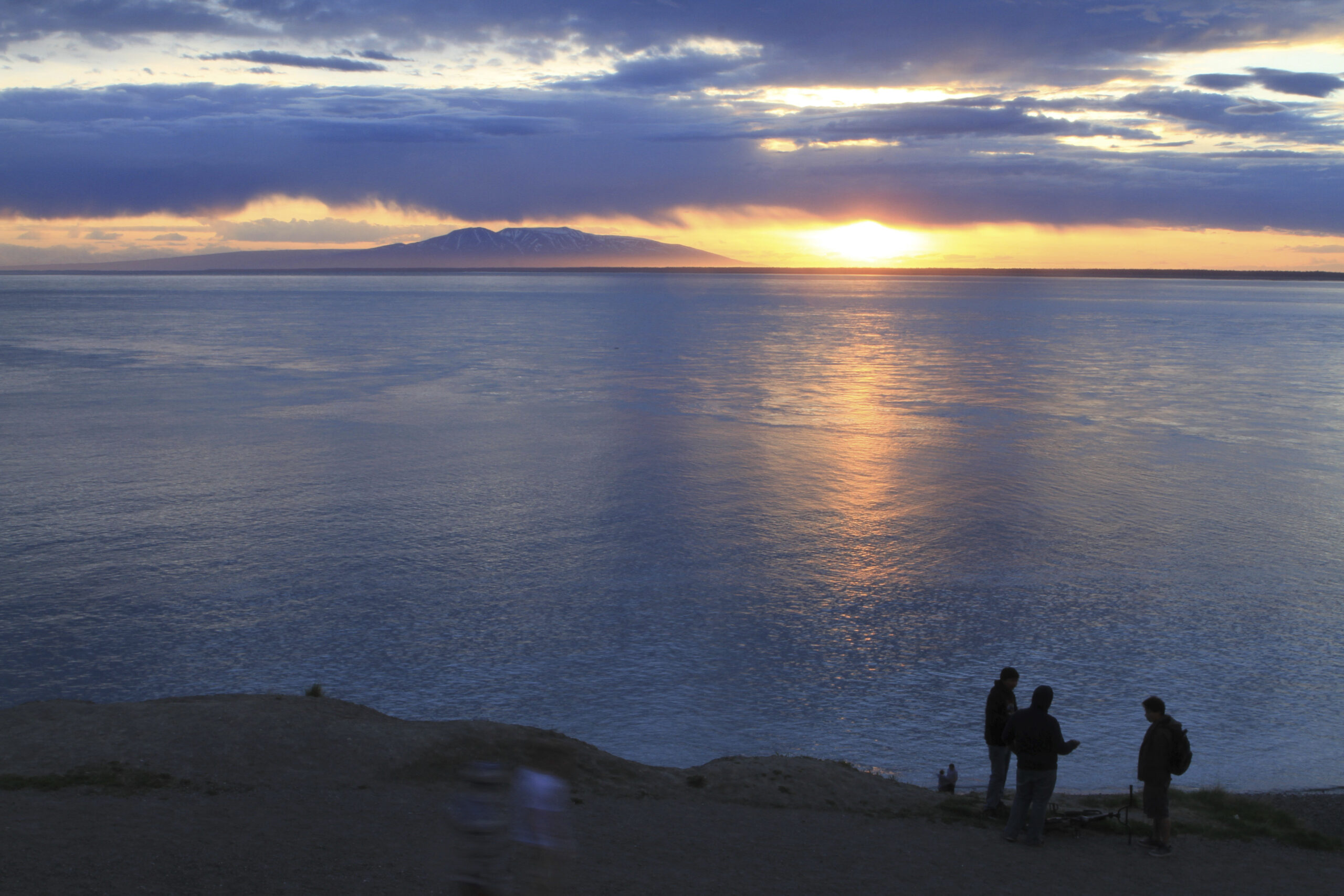
July 15, 2024
It’s Later Than You Think
Today, I discuss the concept of the “time of emergence” for the detection of a signal of a change in climate in observations and projections. Our early work in this area led to some surprising results (at least to me!) and profoundly shaped how I think about the detection and attribution of changes in the…
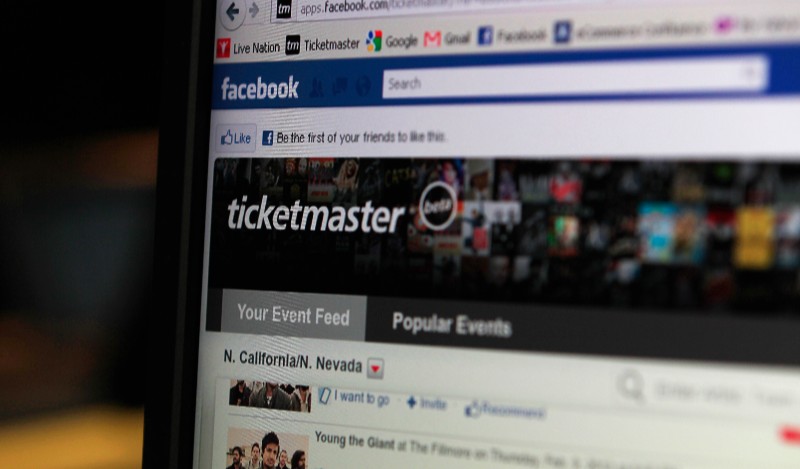
July 15, 2024
Privacy and the Double-Bureaucracy Redux
A year and a half ago, I ranted here against an unlikely, or perhaps rarely recognized, combination between the government and corporate sectors against the little guy. In that case, it was the government’s tax-reporting regime and entertainment industry behemoth Ticketmaster uniting in an inscrutable attack on financial privacy. It’s time for an update! Because an utterly…

July 12, 2024
Busting Tech Myths
Myths about technology are constantly in flux, from companies claiming to have made the next great thing to rumors about the latest smartphone. These myths often seep into social discourse, making it challengiung to separate fact from fiction. To sort through some of these common misunderstandings, I spoke with Robert Atkinson and David Moschella, authors of Technology Fears and…
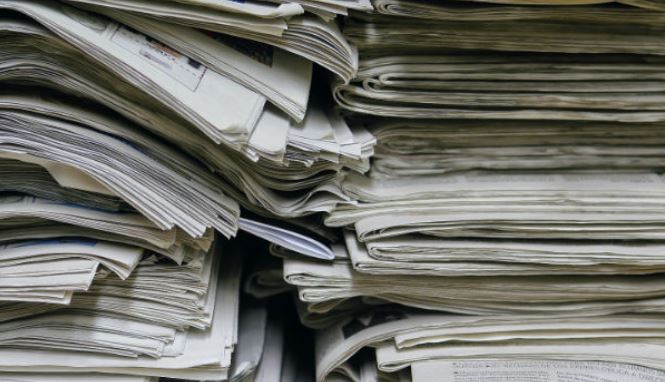
July 11, 2024
Inputs, Outputs, and Fair Uses: Unpacking Responses to Journalists’ Copyright Lawsuits
Arguments filed in June by defendants OpenAI and Microsoftin Daily News, LP v. Microsoft Corporation clarify the direct copyright infringement battle pitting eight newspaper publishers against generative artificial intelligence companies. Additionally, OpenAI’s assertions supporting its motion to dismiss The New York Times Company’s December complaint reveal the defendants’ stance over training large language models with copyrighted journalistic content. The two lawsuits, which soon may be consolidated given similarities, are centerstage….

July 11, 2024
Data Center Electricity Use II: How Are Electrons Like Fish?
Growing data center energy use continues to make headlines. In my first post on data center electricity use, I focused on the technologies that make AI possible and on broad trends in data center investment and electricity demand forecasts out to 2028. If you subscribe to The Dispatch, they had a very good AI energy use…